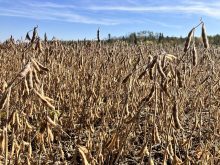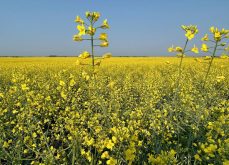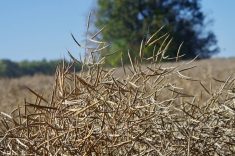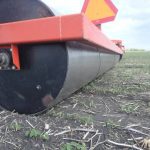Exports of Canadian canola seed exports to China will continue, at the same reduced pace seen since March last year — but only if it contains less than one per cent dockage.
A memorandum of understanding (MOU) between the two countries allowing higher dockage ends Tuesday (March 31), a Canadian government official said in an interview.
The three-year old MOU allowed Canadian companies to export canola with 2.5 per cent dockage. While cleaning to one per cent dockage is more difficult, companies that have been shipping canola to China since last March have been meeting that level, the official said.
Read Also
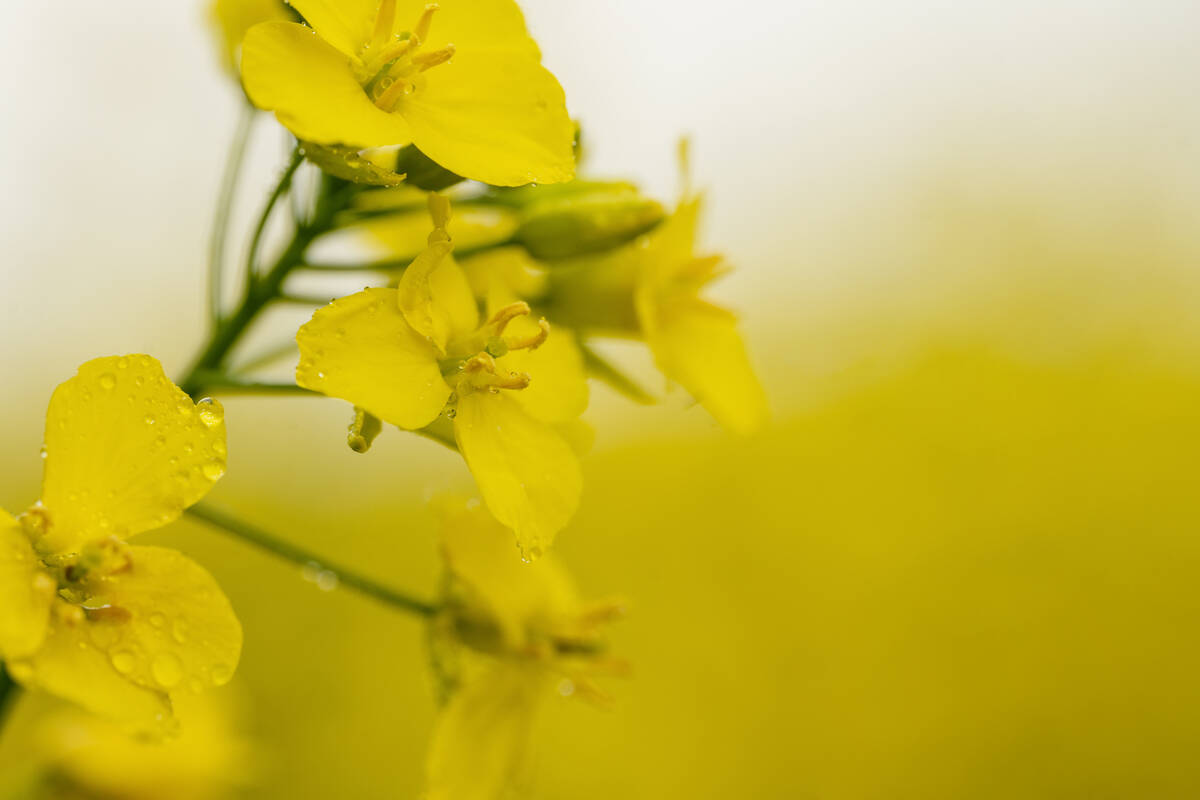
China slashes anti-dumping tariff on Canadian canola in final ruling
China on Saturday sharply reduced its tariff rate on Canadian canola seed in the final ruling of a 17-month anti-dumping investigation, following a thaw in relations between Beijing and Ottawa.
“Over the last year industry has been adjusting because they are conscientious of China’s low dockage level restrictions and the majority of our shipments were at the one per cent or below dockage,” the official said.
Canadian officials learned just on Monday night, during a call with Chinese officials, what Beijing’s plans were for Canadian canola seed imports beyond Tuesday.
“I should be clear it was not a negotiation, it was not a deal,” the official said. “It was just them outlining what they would permit. They basically said the continuation of Canadian canola trade will be permitted at the reduced level and obviously at (less than) one per cent dockage.
“It should be noted that achieving that (less than) one per cent dockage is hard for industry, but over the years industry has done a lot to adjust to lower dockage levels.”
Meanwhile, the Canadian government is still trying to restore full canola seed trade with China and assist industry in finding new export markets.
Until last March, China was Canada’s biggest export canola seed market, importing around 4.8 million tonnes a year worth $2.7 billion.
Beijing in March 2019 first blocked Richardson International, and then Viterra, Canada’s two biggest canola seed exporters, from shipping canola to China, alleging it contained pests, including weed seeds and a strain of blackleg China doesn’t have.
The Canadian Food Inspection Agency said based on its samples, China’s complaint was unwarranted. Since then Canadian canola seed exports to China are 30 per cent of normal and Richardson and Viterra are not exporting canola to China.
China’s actions are widely believed to be linked to Canada’s December 2018 arrest of Meng Wanzhou, chief financial officer of Chinese technology firm Huawei, at the United States’ request.
Some industry observers suspect, however, that China’s demand for reduced dockage, beginning in 2009, is part of it.
Agriculture and Agri-Food Canada, in a separate statement later Tuesday, said officials “are still in discussion on a path forward to restore trade with the delisted companies.”
Regaining full access for Canadian canola seed in the Chinese market “remains our priority, and we continue to engage Chinese officials.”
Representatives with the Canola Council of Canada and Canadian Canola Growers Association (CCGA) said Tuesday they’re disappointed with China’s latest decision.
While some canola can still go to China, the dockage requirement is a step backward, CCGA CEO Rick White said.
Canada has been finding other markets for Canadian canola — such as in the European Union, the Middle East and Pakistan — but is not giving up on China, the federal official said.
It’s believed more canola seed exports to China would lead to higher canola prices for Canadian farmers.
— Allan Dawson reports for the Manitoba Co-operator from Miami, Man.




